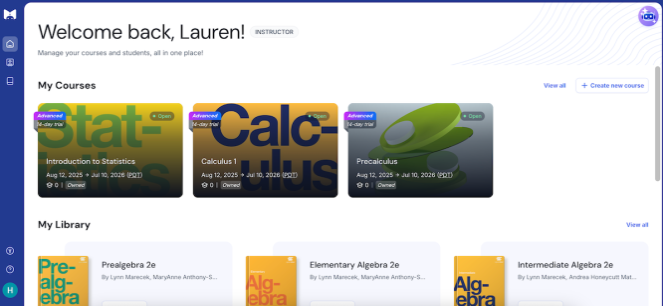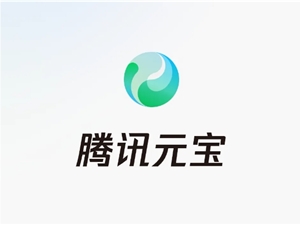As the application of AI in education becomes increasingly widespread, the growing dilemma of students using it to complete assignments while teachers are unsure how to respond has become more prominent. AAI platform called MathGPT.ai has emerged to address this issue. Launched last year, this platform aims to provide "anti-cheating" tutor services and teaching assistant features, redefining the role of AI in math education.
AIbase reports that after successful pilot programs at 30 universities in the United States, MathGPT.ai is preparing to nearly double its service scope this fall, with hundreds of teachers planning to incorporate this tool into their classrooms. Renowned institutions such as Pennsylvania State University, Tufts University, and Liberty University have begun deploying MathGPT.ai in their classes.

Socratic Teaching Method: Never Give the Answer Directly
The most notable feature of MathGPT.ai is its AI chatbot, which has been specially trained not to provide answers directly but to ask questions and offer support, just like a human tutor. This technique known as Socratic questioning encourages students to think critically rather than simply memorizing information.
For teachers, MathGPT.ai serves as a teaching assistant, capable of generating questions and assignments based on uploaded textbooks and learning materials, while also offering automatic grading functions and other AI-assisted features. The platform supports university-level math courses, including algebra, calculus, and trigonometry, among others.
Teacher-Led Control Mechanism
In the latest updated version, MathGPT.ai introduced new features that give professors greater control over how students use the tool. Teachers can now decide when students are allowed to interact with the chatbot, specify whether the AI should provide tutoring support for specific assignments, and encourage students to work independently on other assignments.
Another new feature allows professors to set the number of attempts students have to correctly answer questions. To create a low-pressure learning environment, MathGPT.ai also offers unlimited practice problems that do not affect students' grades, allowing them to test their knowledge without worrying about their scores.
The platform also provides an optional feature for teachers to require students to upload pictures of their assignments, enabling professors to review submitted content and verify the authenticity of students' work.

Technical Integration and Accessibility
MathGPT.ai recently completed integration with three major learning management systems, Canvas, Blackboard, and Brightspace, and added screen reader compatibility and audio mode, making the platform more accessible for people with disabilities. The platform has also added subtitles for AI-explained video courses, whose narration voices simulate historical figures such as Benjamin Franklin and Albert Einstein.
The company claims that it meets the requirements of the Americans with Disabilities Act.
Strict Security Measures
Given that chatbots like Meta AI, Character.AI, and ChatGPT have faced criticism for inappropriate interactions with young users, MathGPT.ai states that it has established strict protective measures to ensure a safe learning environment.
MathGPT.ai Chairman Peter Relan told TechCrunch, "It won't discuss your girlfriend, boyfriend, or the meaning of life with you. It won't get involved in these topics at all. Because those independent chatbots tend to go that way, right? We're not here for those kinds of conversations." Relan helped incubate Got It AI and was an early investor in Discord.
It should be noted that, like any chatbot, the assistant on MathGPT.ai may still generate inaccurate information. A disclaimer at the bottom of the chatbot warns that the AI might make mistakes. If users believe the answer to a question is incorrect, they can report it to the company.
Relan said, "If you find an error, we will reward you with a gift card to let us know where the error is. There were five [hallucination errors] in the first year, one in the second year, and none so far this year. So we take this very seriously." He added that MathGPT.ai has a team of human annotators who carefully check every assignment, textbook, and all other content to ensure "100% accuracy."
Future Development Plans
To continue growing, the company plans to develop a mobile application in the future and expand into more subjects, such as chemistry, economics, and accounting.
MathGPT.ai offers a free option and a paid option of $25 per student per course. The paid option includes unlimited AI homework and learning management system integration, among other advantages.
AIbase Observes MathGPT.ai's successful pilot programs and upcoming large-scale expansion mark an important turning point in the application of AI in education. By shifting the focus from "providing answers" to "guiding thinking," the platform offers an innovative approach to addressing the issue of cheating through AI in education. Its teacher-led design philosophy also reflects respect for traditional teaching methods and enhances them, rather than simply replacing them.
As more universities join, MathGPT.ai is expected to become a benchmark product for AI-assisted teaching and set a new direction for the entire educational technology industry.










